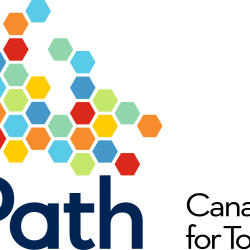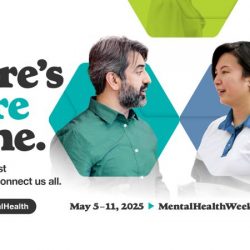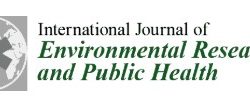About Atlantic PATH
Lorem ipsum dolor sit amet, consectetur adipiscing elit. Ut elit tellus, luctus nec ullamcorper mattis, pulvinar dapibus leo. Welcome To Atlantic PATH The Atlantic Partnership for Tomorrow’s Health Study, or Atlantic PATH as we usually call ourselves, is part of the Canadian Partnership for Tomorrow’s Health (CanPath), the largest study of its kind ever undertaken in Canada. What we Do Our national study is investigating how genetics, the environment, lifestyle, and behavior contribute to the development of chronic diseases. CanPath is following the health of 330,000 people for 30 years in British Columbia, Alberta, Manitoba, Ontario, Quebec, and in Atlantic Canada. Here on the East Coast, Atlantic PATH has recruited over 34,000 participants from all four Atlantic Provinces. The information provided by participants will will help to find new ways of preventing chronic diseases and to diagnose these diseases earlier, when they can be easier to treat. Why our work matters This work is particularly important for Atlantic Canada, which has the highest rates of cancer in the country. Every year, more than 13,400 Atlantic Canadians are diagnosed with cancer and 47% die as a result. The disease truly does touch everyone living in this region, either personally or through family and friends. Our participants Participants 0 + Provinces 0 Toenails Collected 0 + Over 34,000 participants from all four Atlantic Provinces have completed surveys and provided biological samples. The samples and information that participants have given will help researchers find out why some people develop certain chronic diseases and others don’t Get Involved Whether you’re a researcher, participant, or community partner, there are many ways to engage with Atlantic PATH. Join us in advancing health research across Atlantic Canada.








